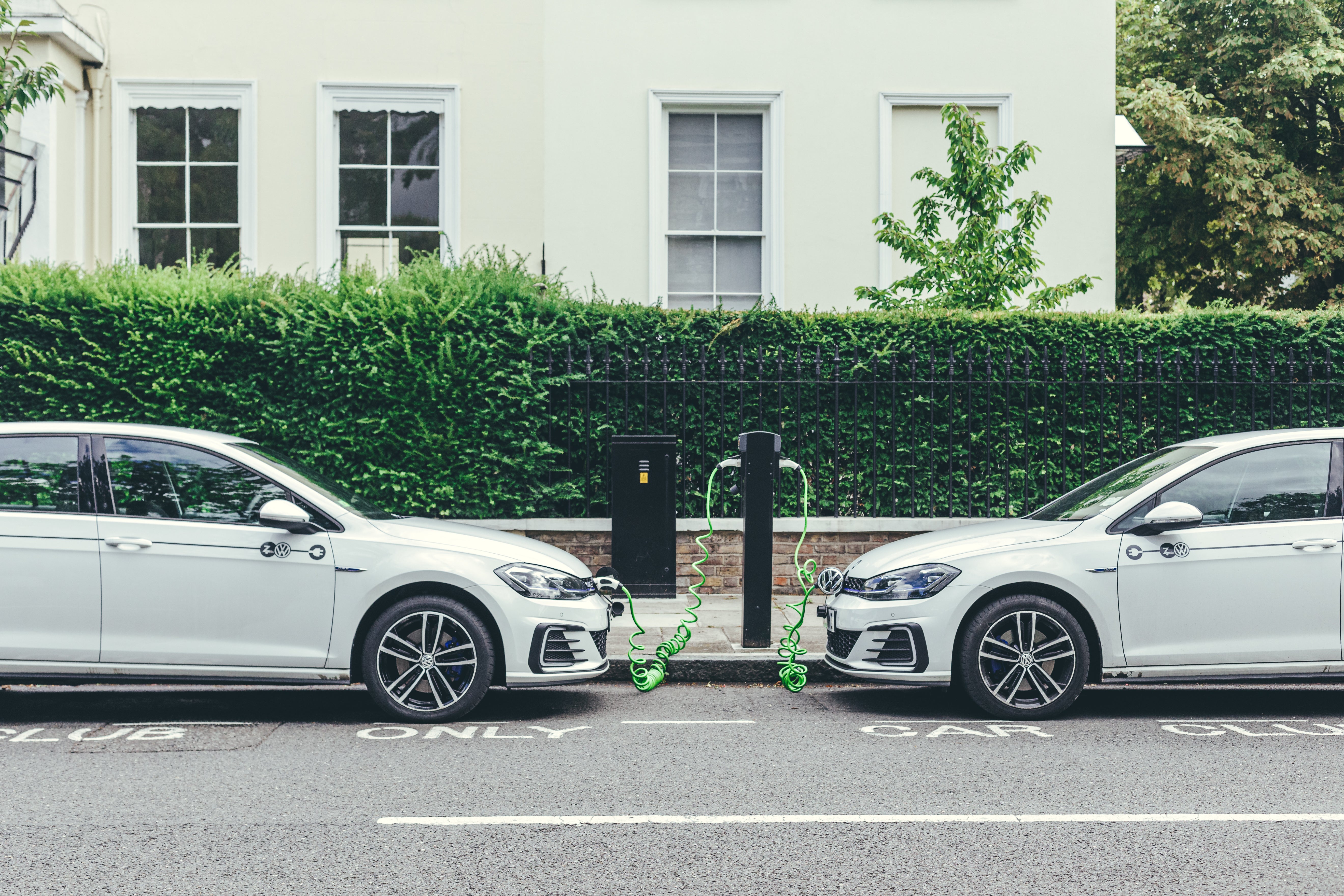20 pledges for 2020: Electric cars aren’t always the greenest option

Probably the biggest obstacle to the lifestyle changes recommended by the UK Committee on Climate Change this week is that people have this image in their minds that an environmentally sustainable future is necessarily going to be a cold, miserable joyless affair - subsisting on lentils and never going on holiday again. Of course it isn’t.
Relatively little real sacrifice is required - flying abroad a bit less and eating fewer bacon sarnies, for example, as the climate committee argues. Your home can be just as warm with an electrically powered system, including radical air source heat pumps; you don’t have to have a gas boiler. The same goes for cars, too.
I remember very well the first electric cars I drove, not much more than a decade ago.
One was called the G-Wiz, a plastic-bodied microcar fitted with a big lead acid battery, of the kind we used to see on milk floats. It was flimsy, uncomfortable and didn’t go far in the cold before it needed a recharge. I felt vulnerable in it.
The other early contender was an electric two-seater Smart, which was more solid and civilised, with laptop type lithium ion batteries, but again had a practical range of only about 30 miles, and on the motorway you could see the dial indicating the battery charge draining before your very eyes.
Yet they were pioneers, and today there is an electric car for everyone.
If, for example, you want a fast, luxurious coupe there’s the Polestar 1, built as a sibling brand to Volvo; zero to 60mph in four seconds and all the comfort you’d desire for £139,000 (though it does also boast a petrol engine, admittedly). Volkswagen have atoned for Dieselgate with their excellent new all-electric ID.3 model, a purpose built Golf-sized design that is bright and innovative: it will do about 180 miles between charges.
Other brands are promoting properly engineered plug-in electric versions of mainstream models, such as the Vauxhall Corsa and Peugeot 208, and the British-built Nissan Leaf is still competitive.
Renault make electric panel vans, Mercedes-Benz and Jaguar can offer luxury SUVs, while Kia and Hyundai have fine battery electric family cars that can travel 250 miles plus between charges. There are even bespoke converters who will re-build you an original “classic” electrified Mini (albeit for £80,000, against £25,000 for a new generation MINI Electric).
The charging network is growing and becoming as easy to use as with a debit card as a supermarket self-service checkout, and the government is promising to convert lamp posts to be dual purpose car charging points. By 2030, when combustion-engine only cars can no longer be sold, there should be every reason to go electric. If you do a high mileage the savings on running costs (fuel and servicing) can outstrip the usual electric car price premium.
But green does not necessarily mean electric, or battery-powered electric propulsion, and the 2030 ban on the internal combustion engine, part of the government’s 10 point green plan, is heavy handed and flawed.
For one thing it permits hybrids and plug-in hybrids which will still have petrol or diesel power, provided they have “significant zero-emissions capability”, even though that capability may be rarely if ever used and they can be less efficient (because of the extra weight) than a non-hybrid conventional equivalent.
There is actually also a case to be made for ultra efficient, low-emission small petrol or even diesel cars; in real world use they easily be greener than a big heavy hybrid SUV, say. There are also new non-hydrocarbon “synthetic” fuels bring developed that can use existing internal combustion engine technology. In other words, a platform-neutral approach would provide more scope for innovation and more consumer choice but equally reach the new exacting CO2 targets.
Indeed, given the still very limited production capacity for battery electric or hydrogen fuel cell vehicles (a newer take on electric power), there is a strong practical case for permitting sales of some traditionally powered cars, with strict limits.
What is also needed is an internationally accepted method of calculating how green a car is across its “life” - from the total energy used in sourcing raw materials, manufacturing it, transporting it, using it for its likely typical useful service, and finally in recycling it. Thus the arguments about whether mass battery production is really a disaster for the environment can be better settled, and consumers and governments better able to make informed choices.
I know; we could call it a “level playing field”. Everyone likes those, don’t they?
Join our commenting forum
Join thought-provoking conversations, follow other Independent readers and see their replies
Comments

Bookmark popover
Removed from bookmarks